Sponsors back away from Sharapova after failed drug test
Updated: 2016-03-09 10:09
(Agencies)
|
||||||||
BERLIN/DETROIT - Swiss watchmaker TAG Heuer cut ties with tennis star Maria Sharapova on Tuesday, the latest sponsor after Nike and Porsche to distance itself from the world's highest-paid female athlete following her failed drug test.
|
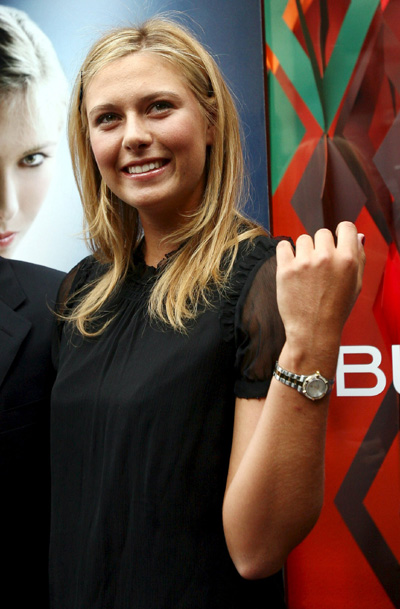 |
|
Russian tennis player Maria Sharapova poses with a TAG Heuer watch in New York, United States, in this August 22, 2006 file photo. [Photo/Agencies] |
The swift response on the heels of Sharapova's announcement on Monday signaled a change in attitude among high-profile corporate backers following a series of doping and corruption scandals in world sports.
"We're now entering a zero tolerance era for sponsors," said Rupert Pratt, co-founder of sports sponsorship agency Generate. "It is now seen as not acceptable to 'stand by your man' because of the amount of scrutiny corporates are now under."
Sharapova's failed drug test at January's Australian Open, one of four annual Grand Slam events, will likely lead to a ban for the 28-year old Russian. The International Tennis Federation's anti-doping program calls for a four-year suspension for a positive test. That ban can be reduced in various circumstances, such as if the player shows no significant fault or negligence.
Loss of sponsor income would be costly for Sharapova, a five-time Grand Slam winner who earned $29.7 million last year, according to Forbes magazine, most of it from endorsements, appearances and royalties rather than victories on court.
Sharapova, who lit up women's tennis when she won Wimbledon in 2004 as a 17-year-old, is still ranked among the top players. She was the world's highest-paid female athlete last year for the 11th consecutive year, and Forbes put her off-court career earnings at more than $200 million.
Fellow athletes had mixed reactions to Sharapova's announcement that she had tested positive for meldonium, a drug she said she had been taking for a decade to treat diabetes and low magnesium.
The substance, recently banned by the World Anti-Doping Agency (WADA), boosts blood flow and can enhance athletic performance. Sharapova, who lives in the United States, is at least the seventh athlete in a month to test positive for meldonium. It is widely available in Eastern Europe but not approved for use in the United States.
"She's ready to take full responsibility and I think that showed a lot of courage and a lot of heart," Serena Williams, the top-ranked player in women's tennis, told reporters at a briefing ahead of a game in New York on Tuesday.
Others were not so sympathetic.

 Southeast Asia experiences rare total solar eclipse
Southeast Asia experiences rare total solar eclipse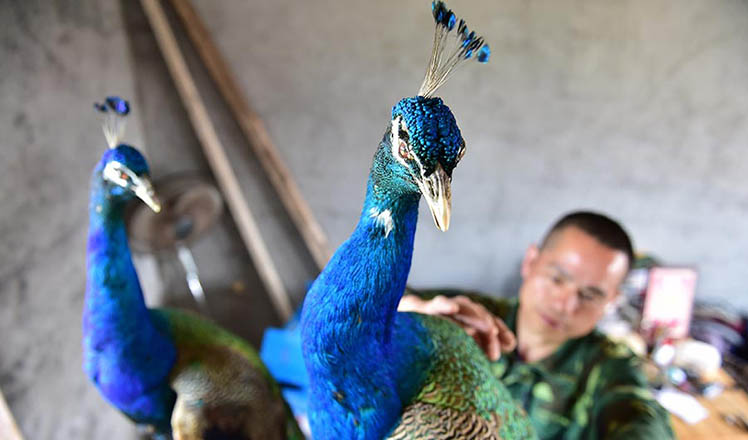
 Farmer couple finds wealth in raising peacocks
Farmer couple finds wealth in raising peacocks
 Google's AI takes on Go champion Lee Sedol in Seoul
Google's AI takes on Go champion Lee Sedol in Seoul
 New Year paintings decorate cottage walls in spring
New Year paintings decorate cottage walls in spring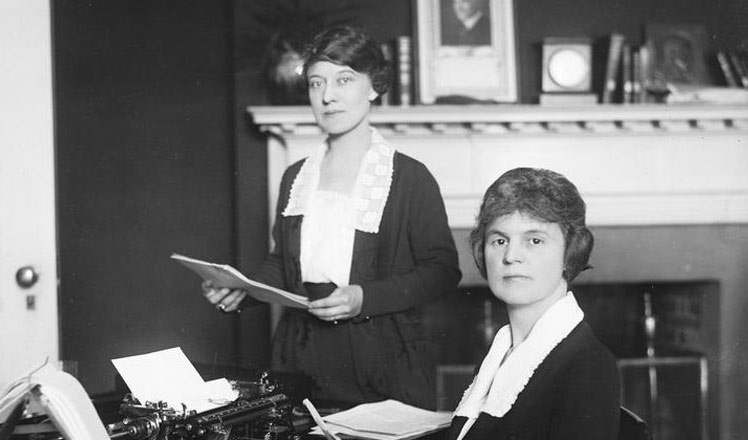
 Women in workplace 100 years ago
Women in workplace 100 years ago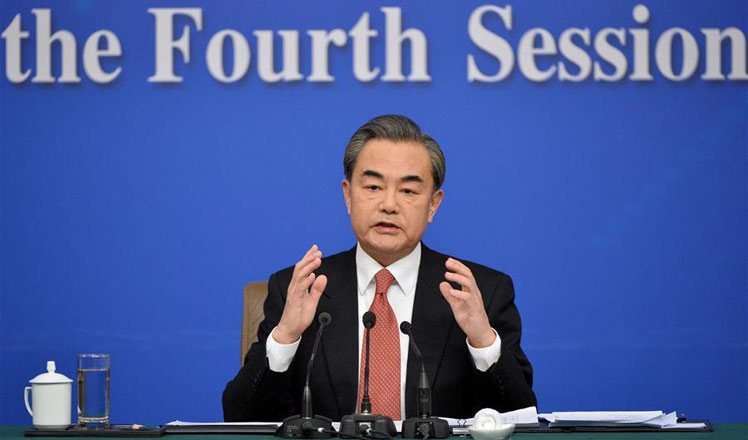
 Foreign Minister Wang Yi meets the press
Foreign Minister Wang Yi meets the press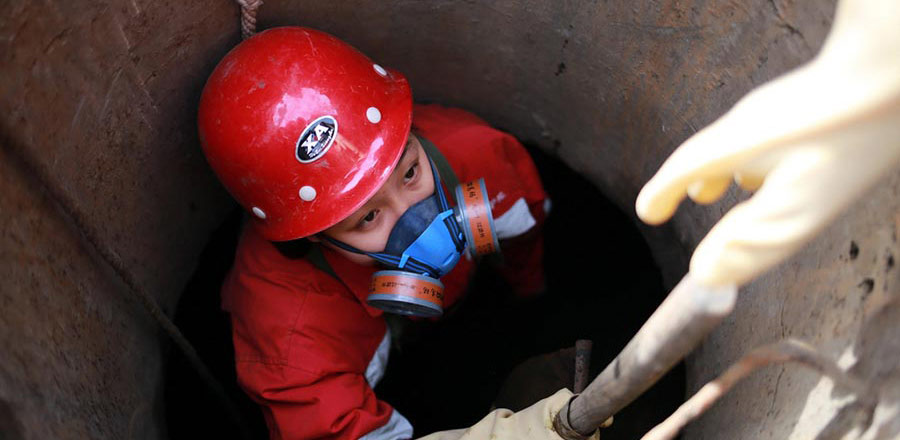
 Women who work underground to keep city clean
Women who work underground to keep city clean
 Students in traditional dresses celebrate Women's Day
Students in traditional dresses celebrate Women's Day
Most Viewed
Editor's Picks

|

|

|

|
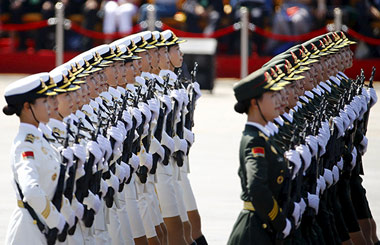
|

|
Today's Top News
What ends Jeb Bush's White House hopes
Investigation for Nicolas's campaign
Will US-ASEAN meeting be good for region?
Accentuate the positive in Sino-US relations
Dangerous games on peninsula will have no winner
National Art Museum showing 400 puppets in new exhibition
Finest Chinese porcelains expected to fetch over $28 million
Monkey portraits by Chinese ink painting masters
US Weekly

|

|







